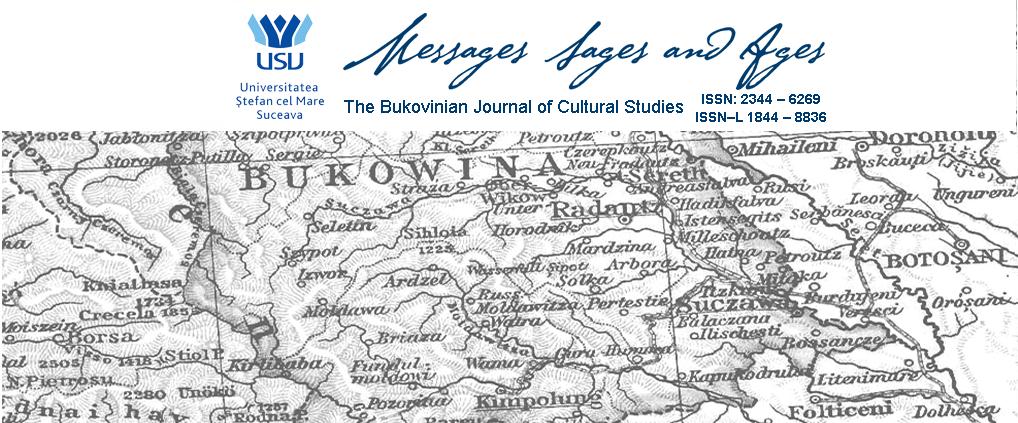William Shakespeare’s The Tempest comes across as an inviting and resourceful ground that has prompted a range of (re-)reading perspectives and creative appropriations. The reworking of the original plot, characters, motifs, themes and ideas originates in geographical, cultural, social and ideological spaces in order to supply an alternative and even contesting perspective to the established meanings. The play has been appropriated to serve a range of causes that match particular agendas. Percy MacKaye appropriated partially The Tempest to fashion a plot through which to educate the US citizens in the spirit of art while fostering a national identity spirit. His masque, Caliban by the Yellow Sands, was meant to celebrate Shakespeare’s dramatic works and also to serve civilizing purposes and social ideals that would generate a sense of cultural and community belonging. In this way, MacKaye’s creative reworking of The Tempest is a means to an end. Caliban is appropriated as a symbol of aspiring humanity going through traumatic periods of vicious destruction and extreme suffering and serves to amplify conflicting or oppositional relationships in order to better point out ideas about civilisation, socio-cultural community, the creative potential and role of art as a civilizing agency, democracy, freedom and anti-colonialism. Thus, this rewriting of Caliban should invite reflections on a number of levels – personal, public, cultural, racial, educational and socio-political – and may trigger awareness against inhumane and harmful ideologies, policies and practices.
Marian Rebei
Author
Marian Rebei holds a B.A. and a M.A. from the Ştefan cel Mare University of Suceava and has been a teacher of English since 1999.
